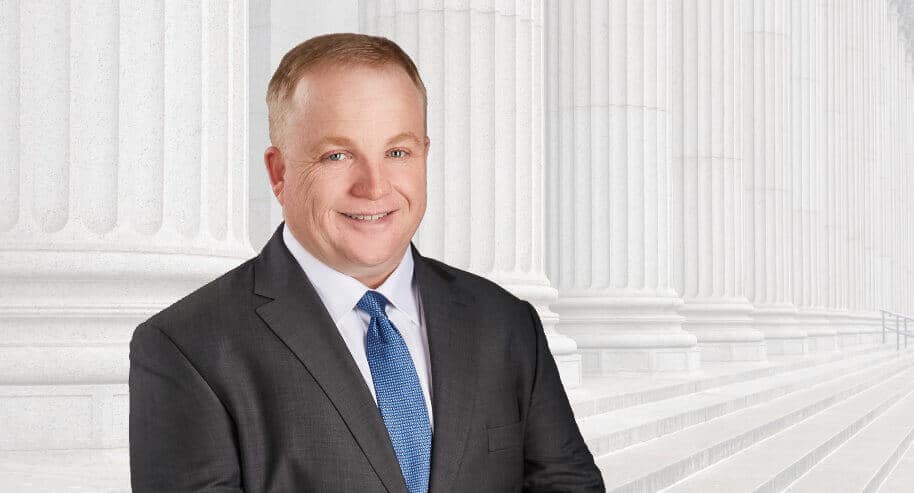
The state of North Carolina takes drug crimes very seriously. While crimes like possession, distribution, and trafficking are common, it does not mean they are granted leniency. Consequences for drug crimes can be life altering and often include hefty fines, probation, and time in jail or prison.
It is always challenging to face accusations of a crime, but being charged with a drug offense in North Carolina can be particularly stressful and intimidating. The state takes drug possession and trafficking very seriously. Depending on the type and amount of the drug, your alleged actions, and your criminal record, you could face a high-level felony that is punishable by significant fines and years in prison. That is why it is important to retain the help of an experienced North Carolina drug lawyer immediately.
When facing drug charges in North Carolina, you need the help of an experienced and skilled criminal lawyer such as Jonathan Breeden of Breeden Law Office. The specific charge against you and your potential punishment can be complicated. Attorney Breeden will explain why you are facing certain charges, your rights during a criminal proceeding, and the strongest defense strategies available in your case.
To get started, call Breeden Law Office at (919) 661-4970.
Marijuana is almost entirely illegal in North Carolina. Recreational use is prohibited, and there is only one narrow medical cannabis use. Per NCGS Sec. 90-94.1, patients with intractable epilepsy may be able to use plants with a certain amount of CBD oil. Unless you have a medicinal use for CBD oil, you cannot have any marijuana plant or product in your presence or under your control.
If you are charged with possession of marijuana, the level of the offense depends on the amount of the drug allegedly in your possession. Being found with a very small amount of marijuana carries with it a relatively light charge and punishment. However, if you had a significant amount, you may face a felony.
The punishments for marijuana possession charges are:
It can be easy to not take cannabis charges seriously. However, you need to take it very seriously and work with an experienced criminal defense attorney. A drug charge on your record – even a misdemeanor – could have significant impacts for your education and career.
If you are charged with a drug crime such as cocaine possession or heroin possession, then the level of the charge you face depends on where the specific drug falls within North Carolina’s Controlled Substances Schedule. Illegal substances on this Schedule are as follows:
If you are caught in possession of a controlled substance, you may face a misdemeanor or felony charge depending on the type and amount of drug you were caught with, and whether you have a previous criminal conviction. For offenses with relatively small amounts of the drug, you will usually be charged with:
Regardless of the specific accusations against you, you need an experienced drug lawyer by your side. You have the right to aggressively fight for your exoneration at trial.
If you are accused of manufacturing drugs, possessing drugs with the intent to sell and/or deliver, or drug trafficking, then you will face a much more serious charge than if you simply possessed a drug for personal use. Drug manufacturing involves the creation of a controlled substance, such as growing marijuana plants or producing meth. Drug trafficking involves a number of unlawful actions, including manufacturing drugs, importing or exporting drugs into or out of the state or country, transporting drugs, and selling them.
Whether you are accused of a manufacturing, possession with intent to sell, or drug trafficking crime depends on your actions prior to an arrest or determined through an investigation, and the amount of drugs in your possession. The greater the amount of drugs under your control, the higher the likelihood of being charged with possession with intent to distribute or drug trafficking.
If you are charged with manufacturing, selling, delivering, possessing with the intent to manufacture, sell, or deliver a controlled substance, then you may be charged with:
The specific charge you face for drug trafficking depends on the type and amount of the drug. For example:
Cocaine
Heroin
Methamphetamines
Marijuana
You may think that you cannot be charged with a crime for possessing or using a prescription drug. However, possessing a prescription drug when it is not your own valid prescription is illegal. It is also illegal to manufacture, repackage, or sell prescription medications without the proper licenses. If you are caught with one or more a prescription drugs that are not your own and these drugs are also controlled substances, you can expect to be charged with a crime based on North Carolina’s Controlled Substances Schedule.
If you have been charged with a crime because of a mistake or miscommunication regarding prescription medication, contact Breeden Law Office to speak with a drug lawyer right away.
In North Carolina, it is illegal for you to knowingly use, or possess with the intent to use any drug paraphernalia. This includes objects or products that can be used to plant, grow, harvest, manufacture, convert, product, package or repackage, store, or conceal a controlled substance other than marijuana. This is a class 1 misdemeanor.
The potential minimum sentences for a misdemeanor or felony drug charge are:
There are many ways you may be able to defend yourself against a drug charge, such as arguing:
For more information on these defenses and others that may be appropriate for your case, contact experienced and dedicated drug lawyer Jonathan Breeden today.

When you have been accused of committing a drug offense in North Carolina, the situation may feel hopeless. However, most drug offense charges are far from hopeless. There may be multiple defense options for your situation. Additionally, there may be numerous facts that could help attorney Jonathan Breeden fight for your charges to be reduced, or to minimize the consequences of a conviction.
To learn more about how we can help you, contact Breeden Law Office online, or call (919) 661-4970 to schedule an initial consultation.
Call Breeden Law Office today:
Call (919) 661-4970